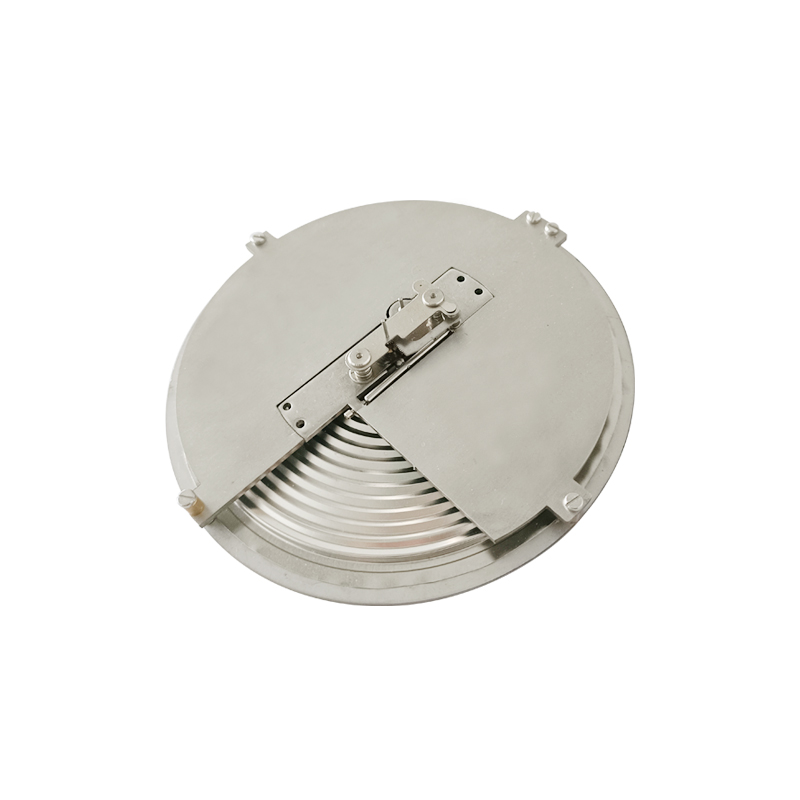
okt . 19, 2024 09:49 Back to list
bellows differential pressure gauge products
Understanding Bellows Differential Pressure Gauge Products
In various industrial applications, the measurement of pressure differentials is crucial for maintaining operational efficiency, safety, and quality control. One effective instrument used for this purpose is the bellows differential pressure gauge. This article explores the functionality, design, advantages, and applications of bellows differential pressure gauges.
What is a Bellows Differential Pressure Gauge?
A bellows differential pressure gauge is an instrument designed to measure the pressure difference between two points within a system. The device features a sensitive bellows element that expands or contracts in response to pressure changes. This mechanical movement is then translated into a readable measurement display, often using a pointer and a calibrated scale on a dial face.
Design and Working Principle
The bellows, typically made from materials such as stainless steel or brass, are crafted to withstand various pressure ranges, ensuring reliable measurements. When pressure is applied to one side of the bellows, it causes the bellows to either expand or contract. The extent of this movement is proportional to the pressure difference exerted on the two sides.
As the bellows respond to the differential pressure, a linkage mechanism translates this mechanical movement into a rotational movement of the gauge's pointer. This pointer indicates the pressure difference on a dial, typically marked in units such as psi (pounds per square inch), bar, or pascals. The precise design elements can vary, including options for electrical outputs or alarm features that enhance monitoring capabilities.
Advantages of Bellows Differential Pressure Gauges
1. High Sensitivity Bellows differential pressure gauges are known for their sensitivity to low-pressure changes. This makes them suitable for applications requiring precise pressure monitoring.
bellows differential pressure gauge products

2. Durability and Resistance The use of robust materials like stainless steel ensures that these gauges can handle harsh operating environments, including those with corrosive substances or extreme temperatures.
3. Low Maintenance These gauges are often easy to maintain, with minimal moving parts that can wear out. As a result, they tend to have a long operational lifespan and require infrequent calibration.
4. Versatility Bellows gauges can be used in a broad range of industries, including HVAC systems, pharmaceuticals, food processing, and water treatment, where monitoring pressure differentials is essential for controlling flow and ensuring system integrity.
Applications
Bellows differential pressure gauges find applications across numerous sectors. In HVAC systems, they are commonly employed to monitor filter pressure drop, thereby ensuring optimal airflow and system efficiency. In the pharmaceutical industry, these gauges are used to control processes that require strict pressure management to comply with safety and quality standards.
Additionally, in water treatment facilities, they help manage the differential pressure in filtration systems, ensuring that contaminants are effectively removed while maintaining proper flow rates. In general manufacturing and process plants, these gauges play a crucial role in monitoring and controlling various processes, where maintaining precise pressure levels is vital for product quality and safety.
Conclusion
Bellows differential pressure gauges offer an effective solution for measuring pressure differences across a wide range of applications. Their robust design, high sensitivity, and versatility make them an invaluable tool in industries that demand precise pressure monitoring. By understanding how these instruments work and their practical applications, engineers and operators can ensure enhanced performance and safety in their processes. Investing in reliable bellows differential pressure gauge products is essential for any industry aiming for efficiency and quality assurance.
-
High-Precision 5 Valve Manifold Differential Pressure Gauge Suppliers
NewsApr.29,2025
-
High-Precision Diaphragm Vacuum Pressure Gauges Manufacturers & Quotes
NewsApr.29,2025
-
Omega Differential Pressure Gauges High Accuracy & Durability
NewsApr.28,2025
-
Low Pressure Differential Pressure Gauges Precision Solutions & Quotes
NewsApr.28,2025
-
Digital Diaphragm Pressure Gaauge Precision Measurement & OEM Quotes
NewsApr.28,2025
-
Differential Pressure Gauge China Price High-Accuracy & Best Quotes
NewsApr.28,2025
